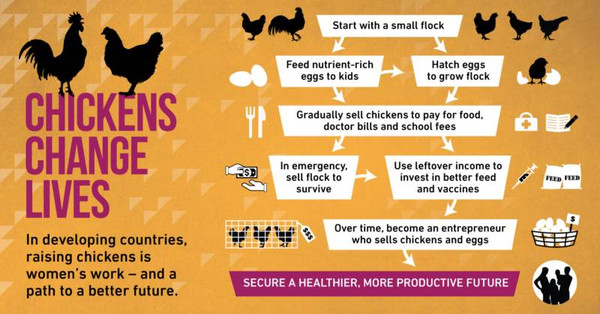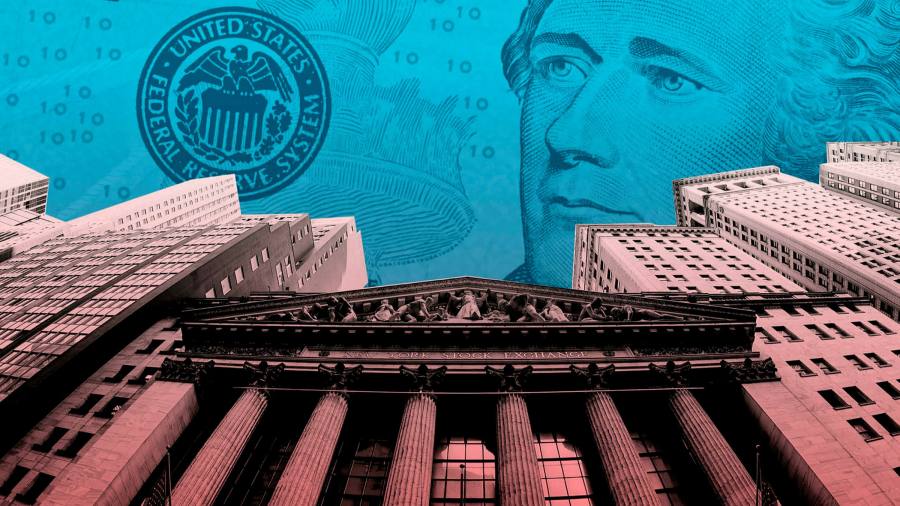60 times return per year, the best way is to “invest in yourself”
When it comes to surefire investments, you may familiar with the saying: invest in yourself. Just like Buffett , investing in yourself will not be taxed and no one else can ever take it away.
Why invest in yourself? Let me start by sharing an interesting little story.
The BBC interviewed a young African who came out of the slums, Sirjeff Dennis, who at the age of 21 became one of the youngest entrepreneurs in Africa.
He started with 100 chickens and after just four years he could produce 4,000 chickens per month. After graduating from high school, Dennis saved up $60 allowance mainly from his 3 months-military service. The $60 became his capital to buy chicks. He bought 50 chicks and went to a local poultry farm to raise them while he worked.

In addition to work, experience was learned from the agricultural laboratory and feed recipes were obtained. He produced chickens that were almost 50% cheaper than the price of his competitors and still made a profit. The business soon expanded.
However, he ignored the input of the 'labour' element. At the age of 18, he had to leave the chicken business and go off to university.so he hired someone to take care of the chicken business.
However, the employee squandered the money he was supposed to give to 500 chicks to buy medicine for himself, leaving the chicks to die. But after this, Dennis became particularly focused on building a trustworthy team (workforce) in his subsequent work.

How to invest in yourself?
1) learn skills (technology)
We know that we could expect an average annualised rate of return of 8-9% through equity investments.
The Brookings Institute in the US has done research and found that an undergraduate degree has a much higher annualised return than stocks.
The former earns cash flow equally to 15.2% annualised rate.
With regard to learning skills, there are 3 main criteria to value: strong relevance to the occupation/profession, widespread recognition and something to prove.
2) Develop a habit of record keeping (data)
Our memory is unreliable and we need to build our own 'external brain’. When building the investment system, you could take out a small book and record the reasons behind each of the decisions.
This method could be used in life as well. For example, keeping track of your time. Record information about important people, such as birthdays, what they like and dislike.
Don't underestimate this habit. it brings you sustainable investment logic, a sense of time, and a high level of emotional intelligence.
3) Save the first bucket of money (capital)
The secret of saving quickly is to have a targeted time + amount.
For example, Dennis knew that he needed 50 chicks to start up, which corresponded to $60, then he had to save within 3 months of his military service.
4) Renting a house (land) close to the company
When you're a good learner in young age, time is worth a lot. Those who have experienced morning and evening rush hours know it's not very practical to read and study. Instead of spending 2-3 hours a day in the metro, pay more for rent and be closer to the office.
These 2-3 hours will allow you to draw on more knowledge and plan possible sideline in a comfortable environment. It can make you 'worth more' in the future than over-calculating your rent.
5) Exercise (workforce)
Everyone wants to be financially free, but the 'not so rich and hard’ is the path you have to take. During these scrappy days, the body is the capital.
Keep running 3 days a week or get up in the early morning for rope skipping to activate your body. It may seem to take more time, but it makes you more productive as well as makes the output more sustainable.

(Writer:Dirick)




